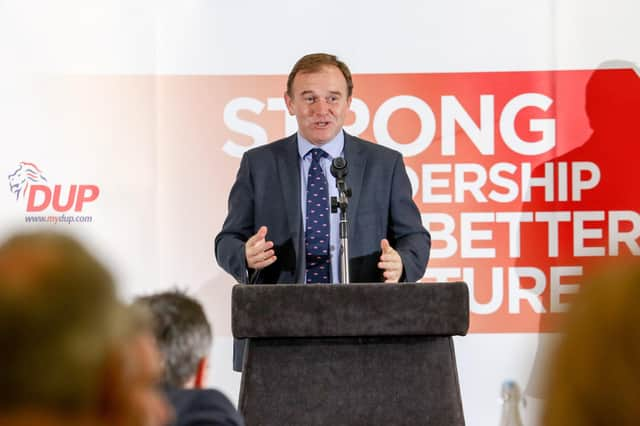Industry given certainty around seasonal workers


The Home Office and DEFRA announced on Friday (24 December) the Seasonal Worker visa route will be extended until the end of 2024, which allows foreign workers to come to the UK for up to six months to work in the horticulture sector.
There will be 30,000 visas available next year, but this will be kept under review with the potential to increase by 10,000 if necessary. The number of visas will begin to taper down from 2023 and the sector will have to improve pay and conditions. Following the 2019 review of the pilot, the Home Office has reviewed the requirements placed on the scheme operators and updated the seasonal worker sponsor guidance to tighten the compliance requirements.
Advertisement
Advertisement
While acknowledging the sector’s reliance on foreign workers, the UK is committed to becoming a high-skilled, high-wage economy and the government has been clear that more must be done to attract UK workers through offering training, career options, wage increases and to invest in increased automation technology.
DEFRA will be bringing forward further proposals in due course on ways to support the sector as well as progressing recommendations in the Automation Review.
Minister for Safe and Legal Migration Kevin Foster said: “The extension to the Seasonal Worker visa route strikes the right balance of supporting the industry while it transitions to employing and prioritising domestic workers.”
Environment Secretary George Eustice said: “We had a seasonal worker scheme for agriculture from the time of the second world war and long before we joined the EU. We recognise that agriculture has unique and seasonal requirements for labour at harvest and have listened to our world leading fresh produce industry to understand their needs.”
Advertisement
Advertisement
Changes to the route, which has run since 2019, will force companies to pay those using the route a minimum salary to discourage poor conditions. It will also be extended to ornamental horticulture to support flower growers in the UK.
The changes follow a review of the seasonal workers pilot which found the reliance on foreign labour held down wages, disincentivised investment and discouraged workers (both resident and non-resident) into these roles.
Commenting on the announcement NFU Vice President Tom Bradshaw said: “This is positive news for the thousands of fruit, veg and flower growers that rely on essential seasonal workers to help pick, pack and grade our iconic fresh produce. These growers will be extremely relieved to have clarity over the future of the scheme for the next three years.
“We have worked very closely with ministers and officials to secure the additional visas and the inclusion of ornamentals, which is something we have been calling for and is desperately needed for flower and plant growers across the country.
“With labour shortages so rife across the entire food supply chain, we will continue to monitor the situation closely and continue to engage with the government on the sector’s needs.”